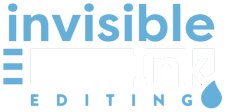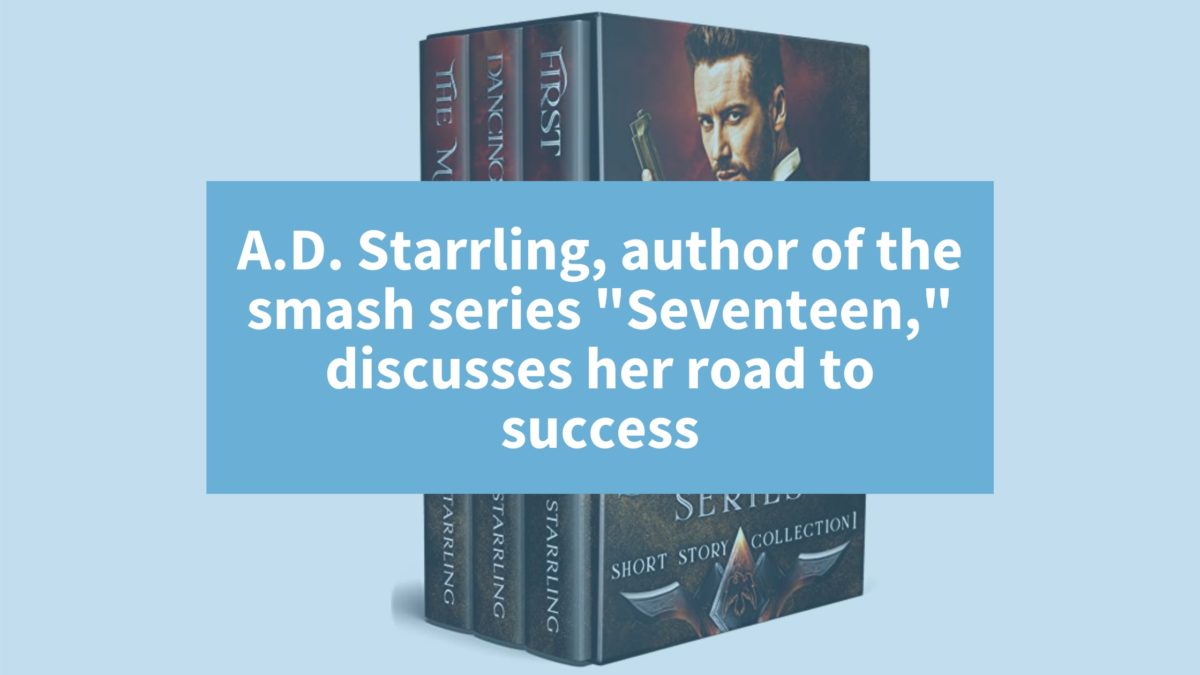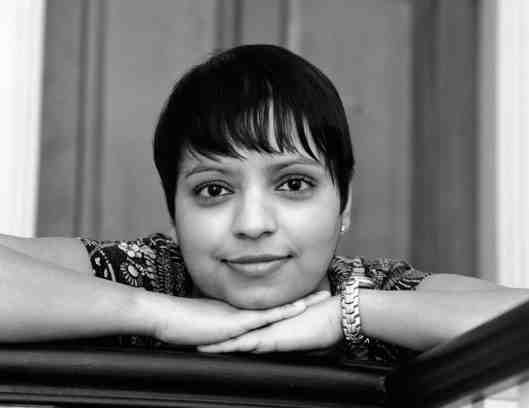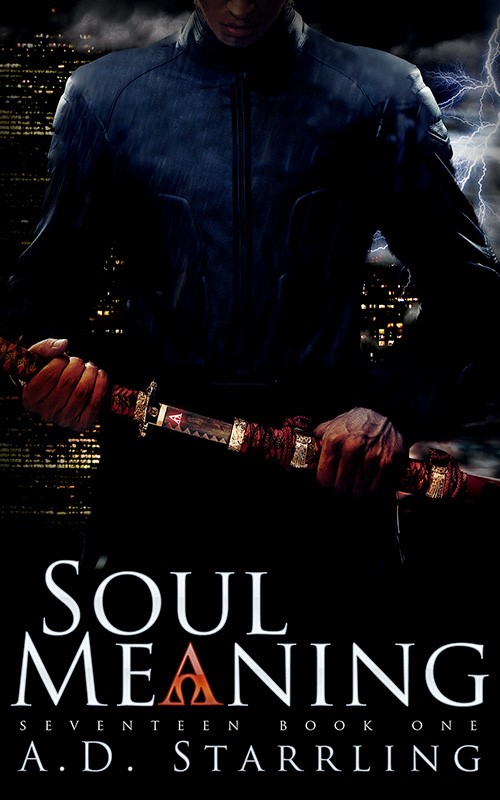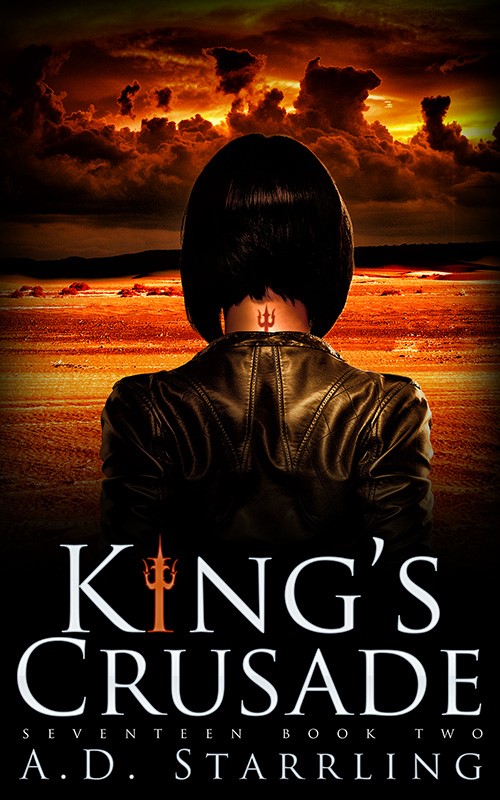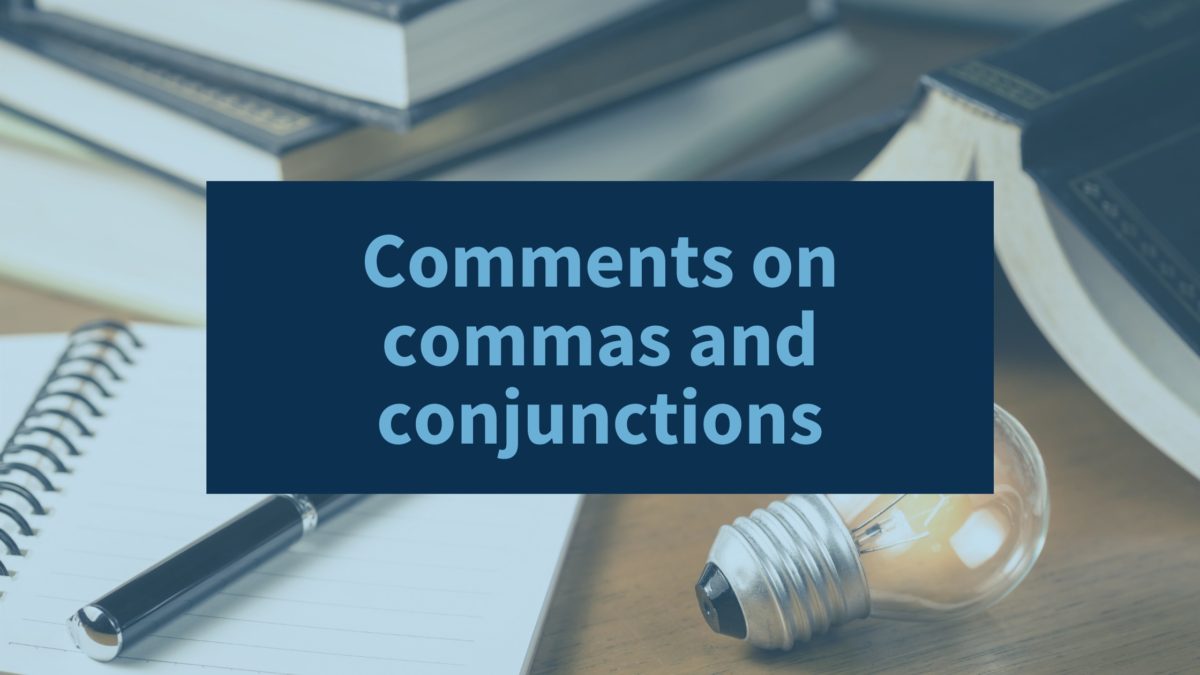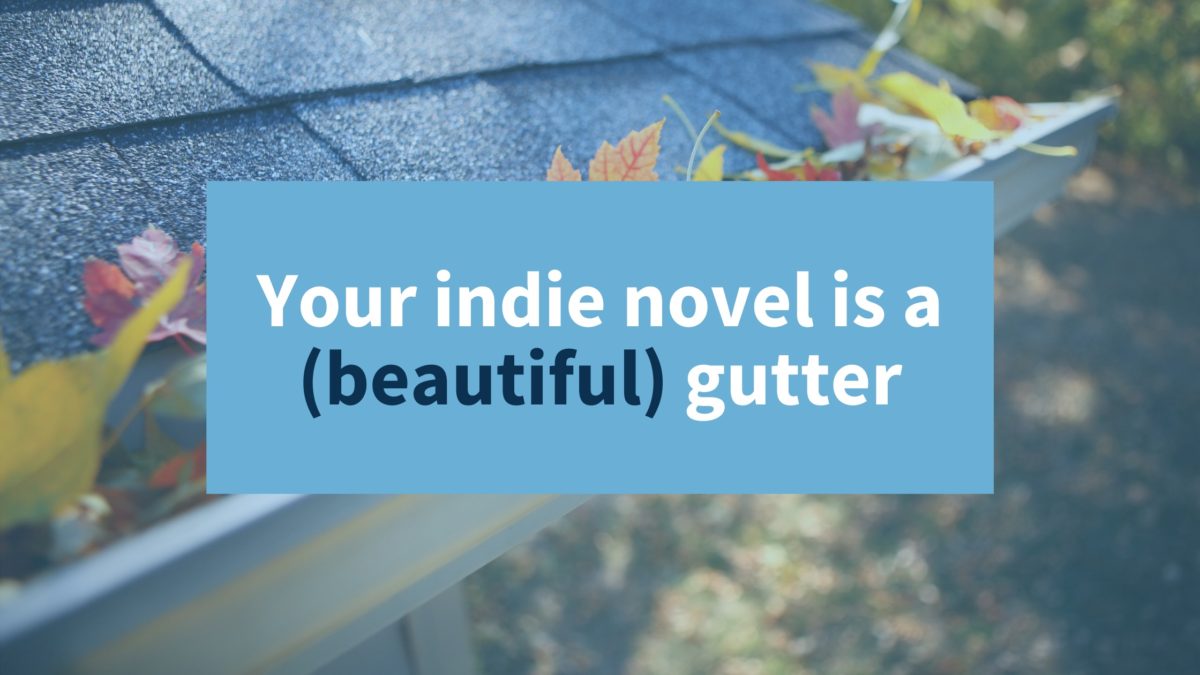A.D. Starrling is the indie author of the award-winning and nominated supernatural thriller series Seventeen. She lives in England, where she spends her time writing fast-paced, action-packed thrillers, and juggling babies in the intensive care unit where she works as a part-time pediatrician.
Soul Meaning (Seventeen Book #1) and King’s Crusade (Seventeen Book #2) are currently available for sale in e-book format on Amazon, with the paperbacks scheduled for release in March and April 2014.
To find out more, contact her at:
Or you can visit her website, subscribe to her newsletter, see her on Wattpad, or check out her U.S. Amazon page or U.K. Amazon page.
Your Seventeen series has seen some major success. It’s such a unique story; how did you come up with the idea?
The origin of Seventeen is a story in itself. Several years ago, I went to Mauritius on one of my biennial visits to see my family and ended up going on a day trip to a beautiful island off the mainland called Ile aux Cerfs. When our boat was traveling through the lagoon on the way back, it passed a small sandbank with mangrove trees. On it was a black marker stone bearing the number 17, written in red, dripping paint. It was a striking sight to say the least and one that stuck with me. When I decided to write something for the British Fantasy Society short story competition the next year, that image came to mind.
That short story made the top five of the BFS competition that year. But I wasn’t satisfied with it just being a short story. Lucas wanted to tell me more. So I listened and carried on writing.
What do you find is the hardest part about your writing process?
The constant fear that I might not be able to finish my current project. I’m sure most authors live with this fear. It
normally hits me about 15–25 percent into the book, then at about 50 percent. I call the latter the “middle of the book” syndrome. This is also the point when I start to wonder whether I’m writing a pile of poop.
Can you tell us a bit about your self-editing and proofreading process?
I edit as I write. Always have and very likely always will. I know of many authors who write the first draft as fast as they can, without any editing, and then spend a few months researching, rewriting, and polishing. Stephen King suggests this style of writing in his book On Writing. I don’t think I’ll ever be able to do that. I would not be able to write the next scene or chapter without going over the previous material.
The disadvantage of writing this way is that it takes a long time to produce that first draft. Writing full time, it can take me anywhere between three to five months to produce a 100–106–thousand word draft. The advantage is that the first draft would have gone through three or four edits by the time I submit it to my editors. The rewriting then tends to be short, a couple of weeks, three at the most, with the final proofreading taking another three to five days.
The best proofreading method I’ve discovered is to read the book out loud. Your ears don’t lie to you as much as your eyes do.
Who would you rather have by your side in a bar fight: Lucas, Alexa, or Conrad?
That’s a tough one. Lucas is strong and very special, as we see in the first book in the series. As the first immortal I created and by virtue of his abilities, logic dictates I should pick him. Alexa is the ultimate immortal warrior and the best fighter of the three of them. But she’s scary as hell. Yes, she even scares me, her creator. Conrad is a great fighter and a healer.
I’d have to go with Conrad. Considering I’m a klutz who can’t fight, it’d be great to have someone there to stop me from bleeding to death.
What sort of promotions do you do for your writing?
In the past, I have done blog tours and competitions, Goodreads giveaways, paid advertising on specific sites, KDP Select with free and paid advertising, and physical book launches.
This year, I will be doing Netgalley and Wattpad, as well as a few of the above. There is always a learning curve with what works and what doesn’t with promotions, and with the fast-changing pace of this industry, there will always be new things on the horizon.
If you had sixteen lives to live, what would you want to do?
- Travel the world and live in as many countries as I can over my many lives.
- Go back to university and do degrees in other subjects that interest me: literature, arts, languages, design, astrophysics…the list goes on!
- Conquer my fear of heights and deep water.
- Contribute something lasting and useful to human society.
- Do humanitarian work.
- Work to preserve endangered ecosystems and species.
- Become an athlete.
- Own my own island.
- Become a professional chef able to cook all the cuisines, from all the cultures of the world.
- Be a writer in all of my lives.
What’s next for your writing career?
I will be completing the series Seventeen in the next three years, with Book 3 scheduled for release late spring or early
summer 2014 and Book 4 currently in progress. I would like to secure an agent in the next year or so to look at what I can do with the rest of my rights, especially foreign translation, film, and other digital media, including gaming and comics. I have plenty of other projects to keep me busy over the years to come, including a long-term, lighthearted fantasy project that’s close to my heart that may yet see the light of day under another pseudonym.
Do you have any tips you’d like to share with other aspiring indie authors?
Do your homework before you embark on this path. Read and research as much about the self-publishing industry as you can. There are plenty of great writing blogs out there that provide information for self-published authors. I’ve listed a few of them at the end of the self-publishing article under the “Bonus” section of my website. You will find conflicting views and opinions as you read about this industry. That’s normal. Once you have publishing experience under your belt, you will figure out which opinions you agree with.
The publishing industry is in a state of flux, and many believe there has never been a greater time to be a writer. I agree. Don’t expect to know everything at once. You will make mistakes and decisions you will regret as you travel this path; learn from them and move on.
Be realistic about your goals. Why are you doing this? If it’s to get rich quick, don’t bother. If it’s to establish a writing career and be in it for the long haul, knowing that you may never make a living out of it, or if you do, that it may be many years away, then go for it.
Be professional. As a self-published writer, you are effectively setting up a new business. Grow a thick skin. You will get what you deem to be negative reviews. Learn from them if you can and move on. Don’t attack the reviewer unless he or she has done something completely unacceptable, in which case, open a polite channel of communication. Reviewers review the book; they should not bully or attack the author on a personal level. Most “negative” reviews are well expressed and bring something valuable to the author. Not everyone is going to like your book. That’s just life.
Before I embarked on this path, I read a few articles that said self-publishing is easy. Yes, it’s easy to press the upload button on Kindle Direct Publishing and have your book available for sale within less than twenty-four hours. It’s everything that comes before it that’s hard. It’s hard to write a good book, to make sure it’s been thoroughly edited and proofread, to have a good and appropriate cover for it, to have it formatted for an e-book and/or a print book, and, most importantly, to get people to buy it. That’s why I have a team. I have two editors, two proofreaders, several beta readers, a cover designer, and a formatter. If I do a blog tour, I outsource that to a reliable tour organizer. I’m lucky in that I have a good day job that can pay for these services. There are many authors who have learned to do all these things on their own. If you’ve got the time and wish to try your hand at these skills, do it.
But don’t put a poor-quality product out there and expect people to pay money for it just because you couldn’t afford to have the best editing, the best cover, and the best formatting. It has to be your best. Save up. Cut down on luxuries. Don’t take that holiday. You need to invest in any new business to gain from it long term, and you have to make many sacrifices along the way. Why should writing be any different?
And remember, you’re doing this because it’s your dream job. If you love it and enjoy it, it won’t feel like work most of the time. If you’re not enjoying it and you dread sitting down to it, rethink whether this is the right choice for you.
